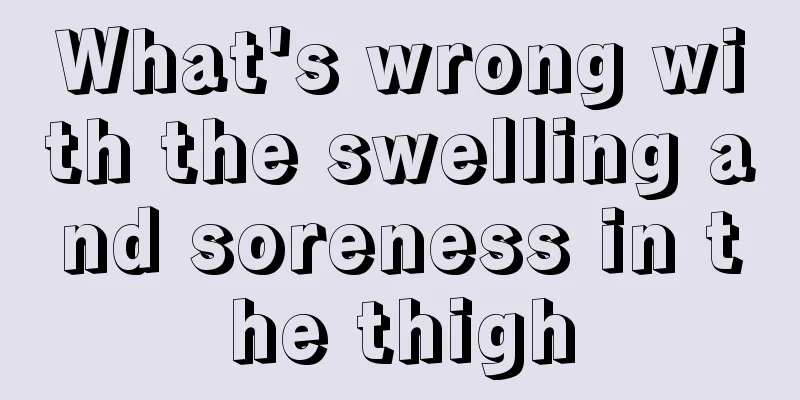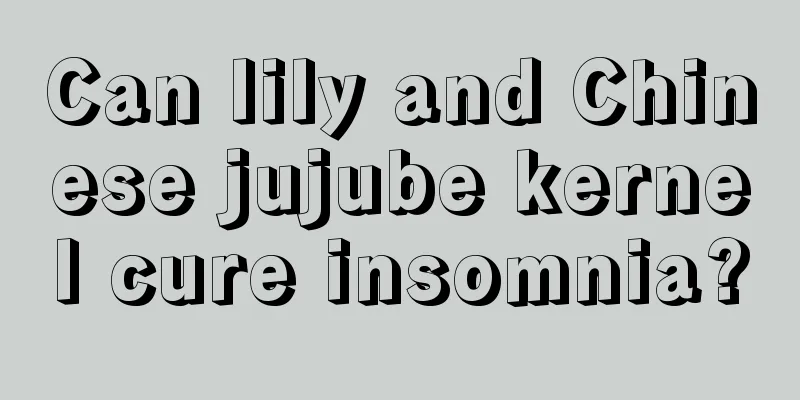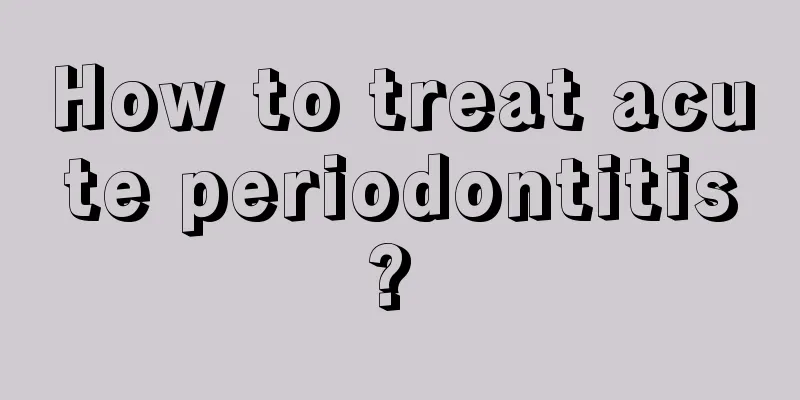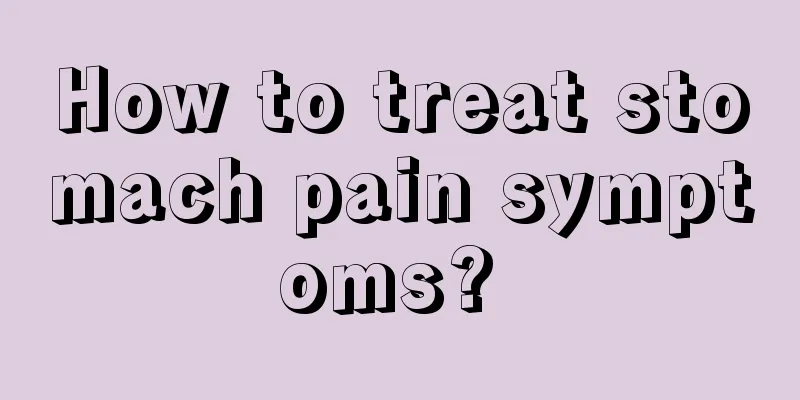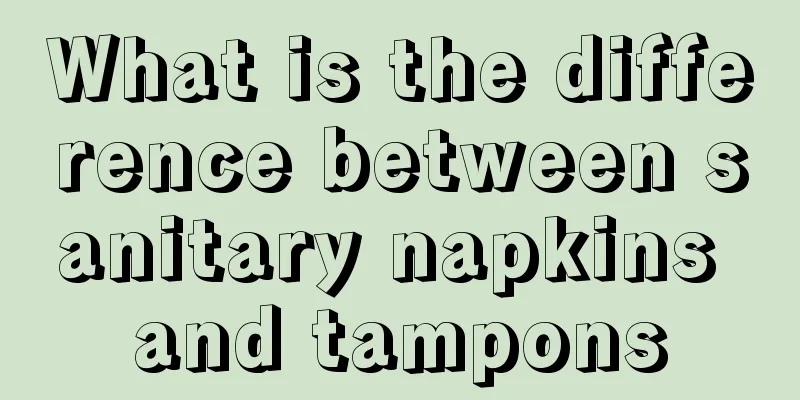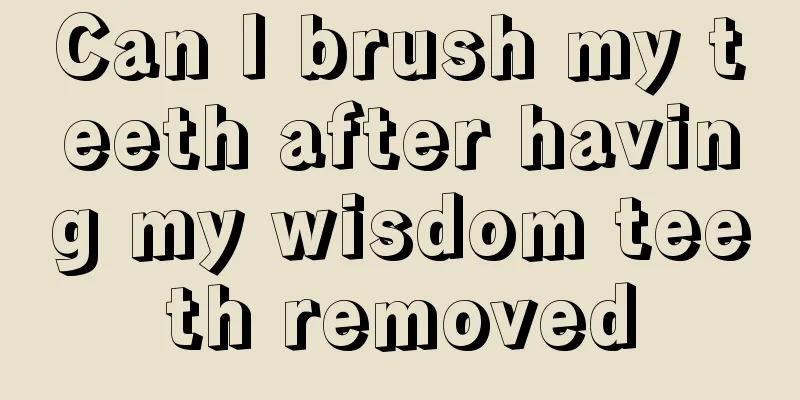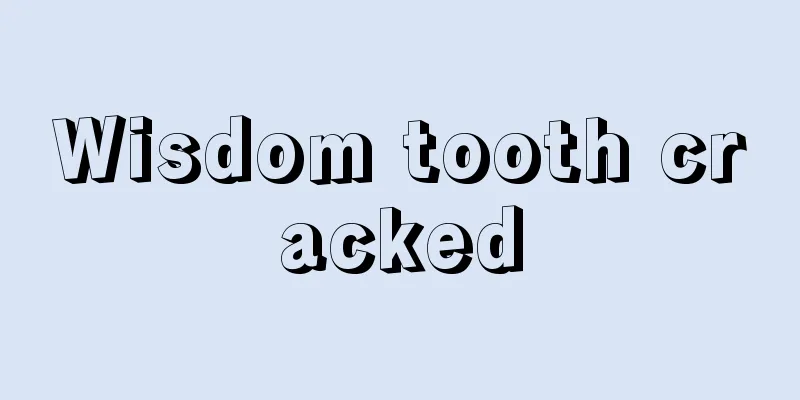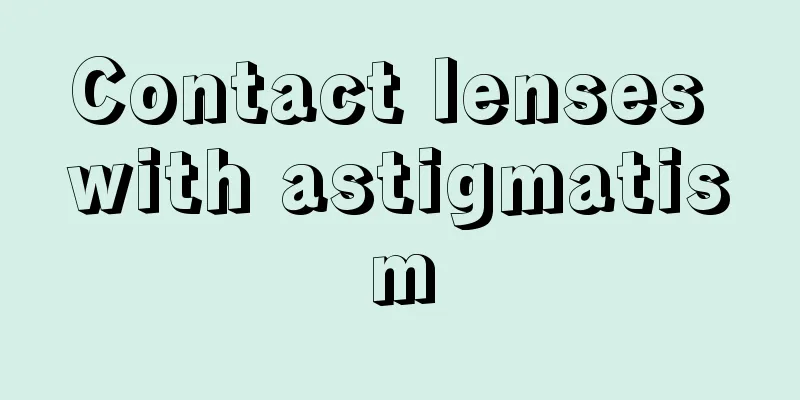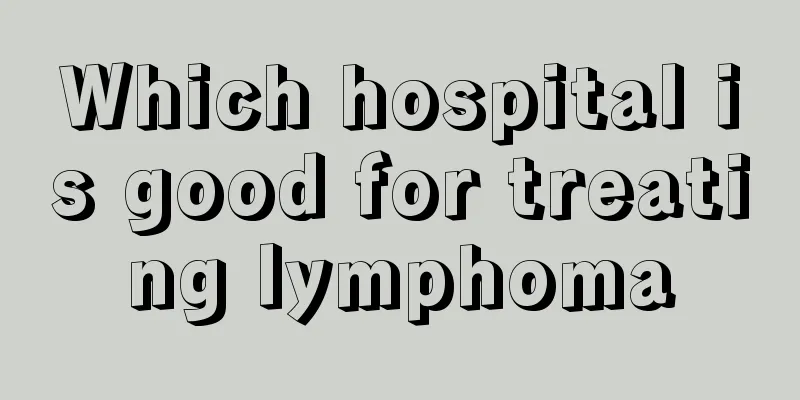Stroke treatment, both Chinese and Western medicine have good effects
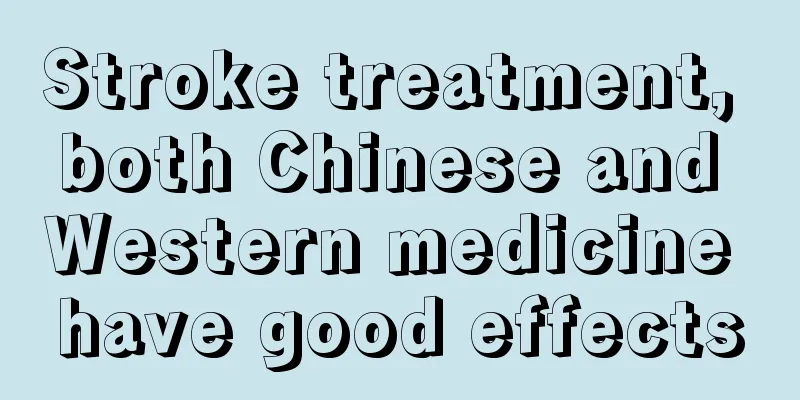
|
There are many ways to treat stroke, among which Chinese and Western medicine are the most common. Western medicine mainly has two types of treatment: individualized treatment and holistic treatment; Chinese medicine uses dialectical treatment to achieve the treatment goal with the principles of dredging meridians, removing blood stasis and resolving phlegm, promoting blood circulation and menstruation, harmonizing qi and blood, and promoting improvement of affected limb function. 1. Western medicine treatment of stroke Acute stroke (cerebrovascular disease) comes on quickly and time is life. Untimely treatment, inappropriate methods, and improper medication will lead to irreversible consequences. Studies have found that for every minute of delay, 1.9 million brain cells die, leaving varying degrees of disability in mild cases and life-threatening in severe cases. Treatment of ischemic stroke: Acute stroke and transient ischemic attack are emergencies in encephalopathy and neurology. Early clinical diagnosis and ultra-early treatment are very important. (1) Ultra-early treatment (i.e. within 6 hours of onset): First of all, we should improve our awareness of emergency first aid for stroke and understand the importance of ultra-early treatment. We should seek medical attention immediately upon onset of the disease and strive for the best thrombolytic treatment time window of 3-6 hours to reduce brain metabolism, control cerebral edema, protect brain cells, and save the ischemic penumbra. (2) Individualized treatment: that is, taking the most appropriate treatment based on the patient's age, stroke type, condition and underlying disease. (3) Prevention and treatment of complications: such as infection, cerebrocardiac syndrome, and post-stroke anxiety. (4) Holistic treatment: such as supportive therapy, symptomatic treatment and early rehabilitation treatment. Treatment of hemorrhagic stroke: Medical treatment: (1) General treatment: Stay safe, rest in bed, keep the airway open, use oxygen, etc. (2) Regulate blood pressure: Maintain blood pressure slightly higher than the pre-onset level or diastolic pressure around 100 mmHg. (3) Reduce intracranial pressure: Increased intracranial pressure is the main cause of death in patients with cerebral hemorrhage. Therefore, reducing intracranial pressure is an important task in the treatment of cerebral hemorrhage. The treatment for reducing intracranial pressure in cerebral hemorrhage is mainly based on hypertonic dehydrating drugs, such as mannitol or glycerol fructose, glycerol sodium chloride, etc. When using dehydrating drugs, attention should be paid to water and electrolyte balance. (4) Ensure nutritional and electrolyte balance. (5) Treatment of complications. 2. Traditional Chinese Medicine Treatment of Stroke Traditional Chinese medicine believes that blood deficiency, blood stasis, and phlegm are the sources of stroke. When the liver and kidney are yin deficient, external evil takes advantage of the opportunity to invade the meridians, causing evil qi stagnation, phlegm and heat disturbance, wind and phlegm blocking the meridians, and qi cannot flow, resulting in stroke. The treatment is based on dialectical treatment, with the principles of dredging meridians, removing blood stasis and resolving phlegm, promoting blood circulation and menstruation, harmonizing qi and blood, and promoting improvement of the function of the affected limb. Commonly used Chinese patent medicine preparations in clinical practice: Danshen, safflower, ligustrazine, Panax notoginseng, ginkgo leaf preparations, etc. can reduce platelet aggregation, anticoagulation, improve cerebral blood flow, and reduce blood viscosity. Acupuncture therapy is one of the main contents of traditional Chinese medicine and has a long history of thousands of years. The "Inner Canon of the Yellow Emperor", "Acupuncture and Moxibustion Jia Yi Jing" and "Compendium of Acupuncture and Moxibustion" all have records of acupuncture treatment for stroke. Recent surveys show that the number of people receiving acupuncture treatment both at home and abroad is increasing year by year. Acupuncture has become one of the ideal methods for treating stroke. Acupuncture treatment for stroke is based on the theory of viscera and meridians to select acupoints to dredge the meridians, circulate qi and blood, harmonize yin and yang, and promote the recovery of paralyzed limbs. |
<<: It turns out that manganese poisoning can be relieved by eating more of these foods
>>: It turns out that fungal esophagitis is related to these four factors
Recommend
How to get rid of the garlic taste in your mouth
I believe that in real life, many people prefer t...
How potatoes treat eczema
Eczema is a problem that babies can easily face, ...
Can Fengyoujing help lose weight
Fengyoujing is mainly composed of menthol, so Fen...
Can I eat mango after miscarriage
Can you eat mangoes after miscarriage? This is a ...
What are the manifestations of bladder cancer ultrasound examination
Urinary tract tumors often cause painless hematur...
Where is ginger most effective?
Many people say that ginger is a yang-boosting pr...
Let's analyze the common causes of bone cancer
Clinically, the cause of bone cancer has always b...
Is it good to sleep with your head facing the door
Survey results show that we spend one-third of ou...
What is the color that helps you sleep
Nowadays, people are prone to insomnia due to wor...
What are the causes of esophageal cancer
In recent years, esophageal cancer has become one...
Keep healthy in winter and keep beautiful in summer
Unfortunately, many people don’t know much about ...
What should I do if I have acne on my left and right cheeks
It is very common to have pimples on the face, es...
What are the authoritative hospitals for treating osteosarcoma
Osteosarcoma is a disease that is particularly co...
How many years does a person with bladder cancer usually live?
The life expectancy of bladder cancer depends on ...
What to do if you have goose bumps due to fever
Many people will feel that although their body te...
